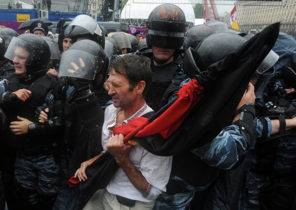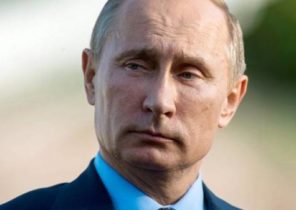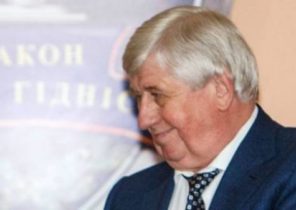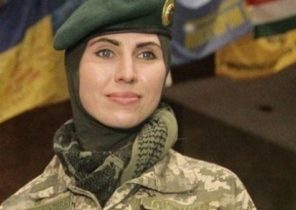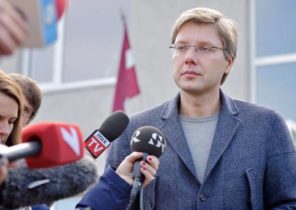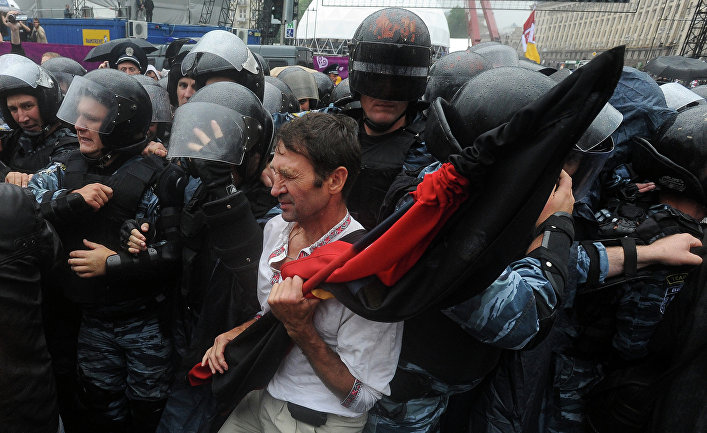
With some delay I learned enough Ukrainian to use it in everyday conversation (but not so deep to apply it in professional communication). I use Ukrainian language at every opportunity.
But I suspect that for me it is much easier than for many Ukrainian citizens, who grew up Russian speakers. When I make a mistake in pronunciation, grammar or idioms, or do not pay attention, or, if notice is exceptionally friendly. Ukrainians still amazed that a foreigner somehow speaks Ukrainian, patiently corrected me in a humorous manner and explain the error.
In another situation, there are Russian-speaking Ukrainians, deprived of their natural talent to quickly learn languages — a valuable ability that some people possess to a greater extent, while others (sometimes even highly educated scientists) — less. Phonetic, grammatical and stylistic mistakes in Ukrainian speech of the citizen of Ukraine cause — as I see — much less sympathy from the Ukrainian-speaking Ukrainians. In certain situations, such linguistic errors can be a source of hidden shame or even deep shame for one or both of the parties — that is, for a person who has committed a mistake and order a Ukrainian who spoke to him and noticed the error.
Moreover, many since childhood Russian-speaking Ukrainians, I believe, sometimes not so much afraid of making a mistake, speaking in Ukrainian, as ridiculous fear to make mistakes — and most do not notice it. Be fluent in the language — not just knowing how to speak is one of the key social skills that determine the position of a person in different communication situations, relationships and communities.
Because I — as a foreigner — are not a full member of the Ukrainian society, my language skills do not play a significant social role. My position and recognition in Ukraine is pre-determined by the fact that I am a citizen of another country, for which the Ukrainian language by definition is not a major (as my fourth language). But for the Ukrainian citizen can be very frustrating not to be able to skillfully speak Ukrainian, speak Ukrainian words correctly, and constantly afraid to say something wrong.
Sometimes, of course, this issue may not play a significant role — especially in the regions where they speak surzhik, and where linguistic rules are flexible. But, for example, in Kiev, dominating standards of high culture can lead to such a feeling that you must either perfectly know the Ukrainian language, or just not use. In fact, the ability to Express a well-articulated and correct Russian may in some situations be more beneficial for social identification and positioning, than to speak the clumsy Ukrainian.
For comparison with my homeland, to the South-East Germans from Saxony and Thuringia, their strong accent, sometimes it becomes a status problem in other regions of Germany, where the Saxon and Thuringian dialects are considered to be primitive, provincial, or even a sign of “lower class”. And yet it is only the differences within one language.
In Ukraine are very rich and complex in different languages — each with their poetry, prose, melody, cultural traditions, the historical basis, regional differences and various dialects. Some people have the ability and energy to learn both. But others will be able to fully understand only one of them. These issues are too complex socially and psychologically to their lightly politicized.
Finally, fully accept the arguments in favor of hard Ukrainization, apparently, are entitled only to those Ukrainian citizens who have learned Ukrainian as a child, and later, with some effort. The Ukrainians, who easily learned Ukrainian as a child and never learned any other language at a Mature age, insisting on a strict Ukrainization, faced with the ethical problem: how can you demand from others what you yourself have not achieved, may never tried to achieve or even not able to achieve?
People that require full and rapid Ukrainization, for whom the Ukrainian language — native, can always be suspected of trying to push a selfish agenda in which their language skills will put them in a better social position compared to those for whom Ukrainian is not their mother. Often, perhaps it may be not at all in this. But such suspicions however, may have some Russian speakers.
Violent emotions, which raises the language issue, linked with this challenge is itself a just a Patriotic demand for a full and rapid Ukrainization touches very personal issues of social position, integration, competition, and assimilation of Russian speakers. The problem is compounded by the fact that this demand can be seen personal and very unpatriotic desire of Ukrainian to realize their hidden or even unconscious social interests. Will always remain an irresistible suspicion that Ukrainization is not only and not so much in favor of a common Fatherland, but for the benefit of those for whom native language is Ukrainian and that, in comparison with Russian-speaking, will benefit from the full harmonization of the linguistic sphere.
Andreas Umland, PhD in history and political science, senior researcher of the Institute for Euro-Atlantic cooperation in Kiev and editor of the book series “Soviet and post-Soviet politics and society” publisher “Ibidem” in Stuttgart.
